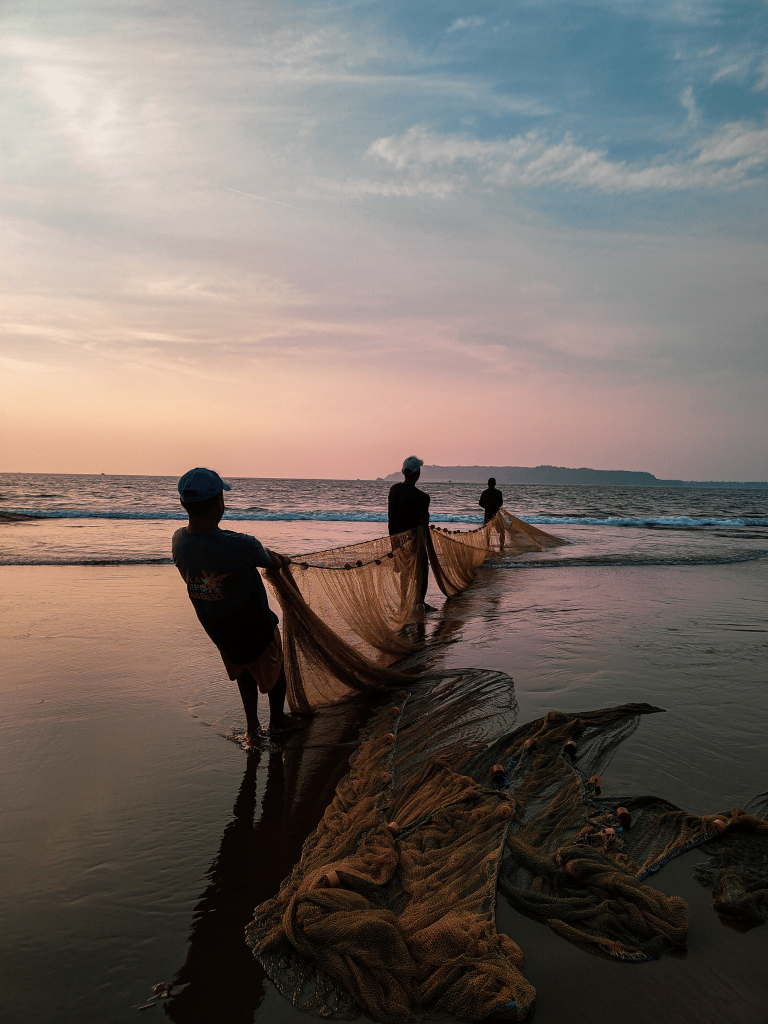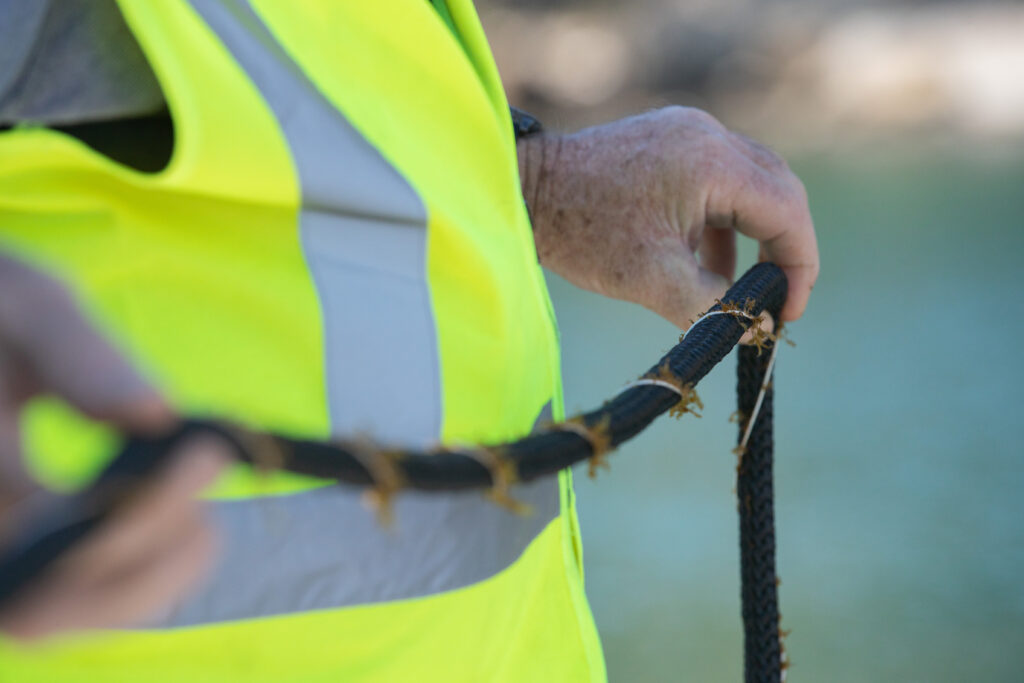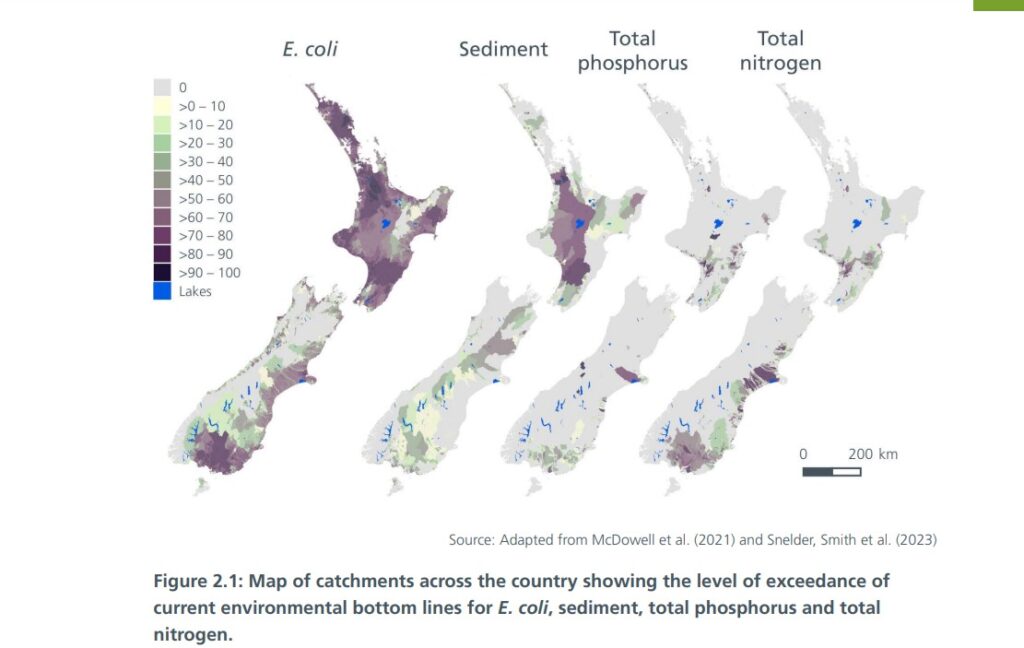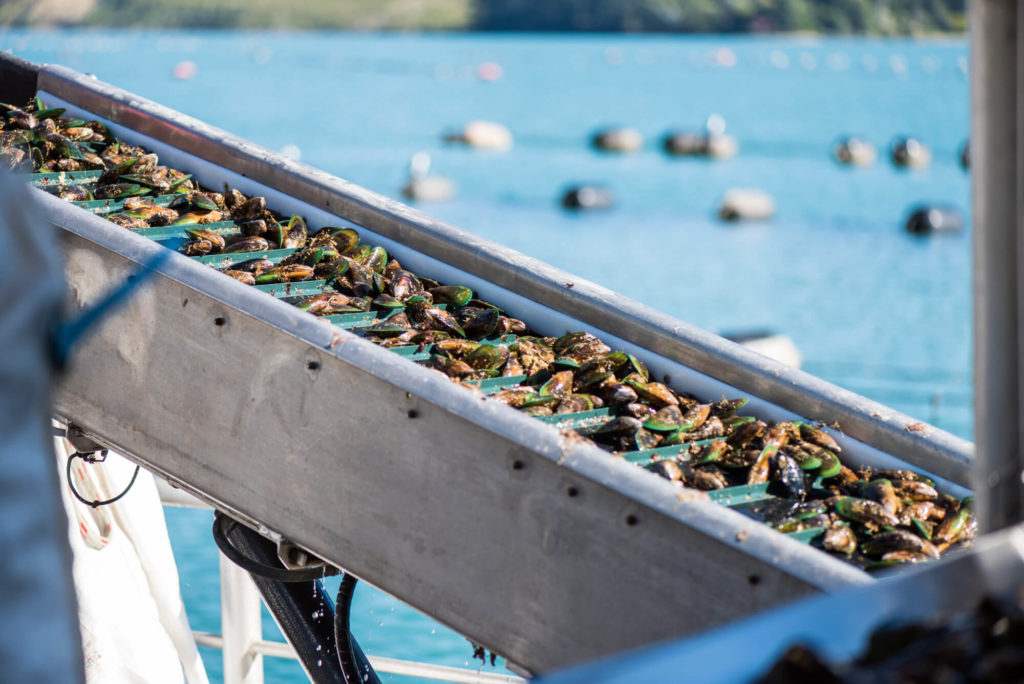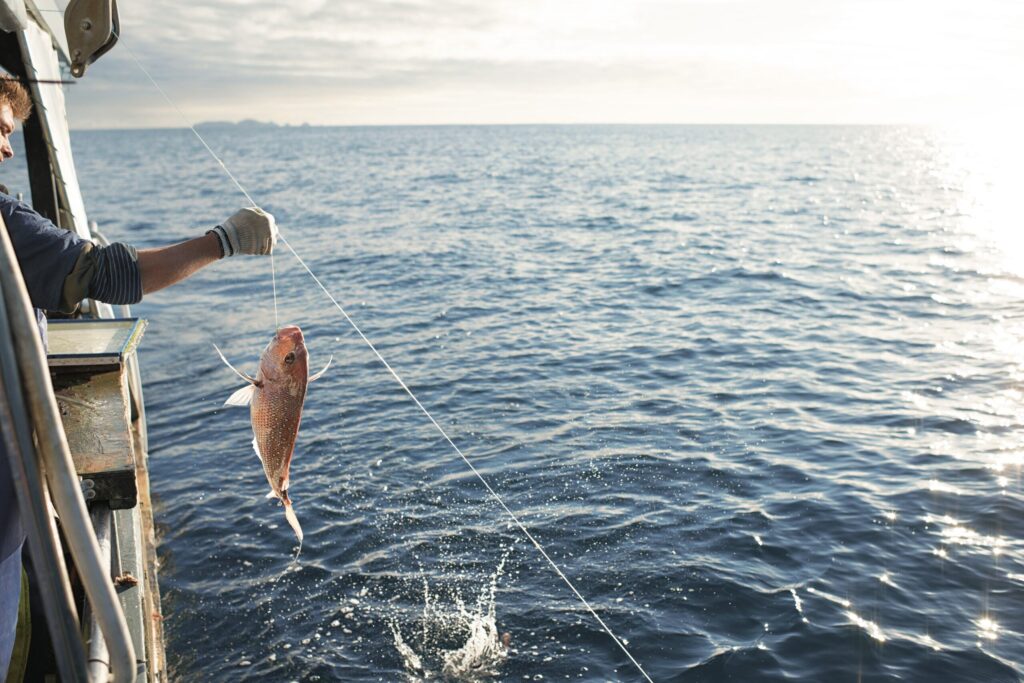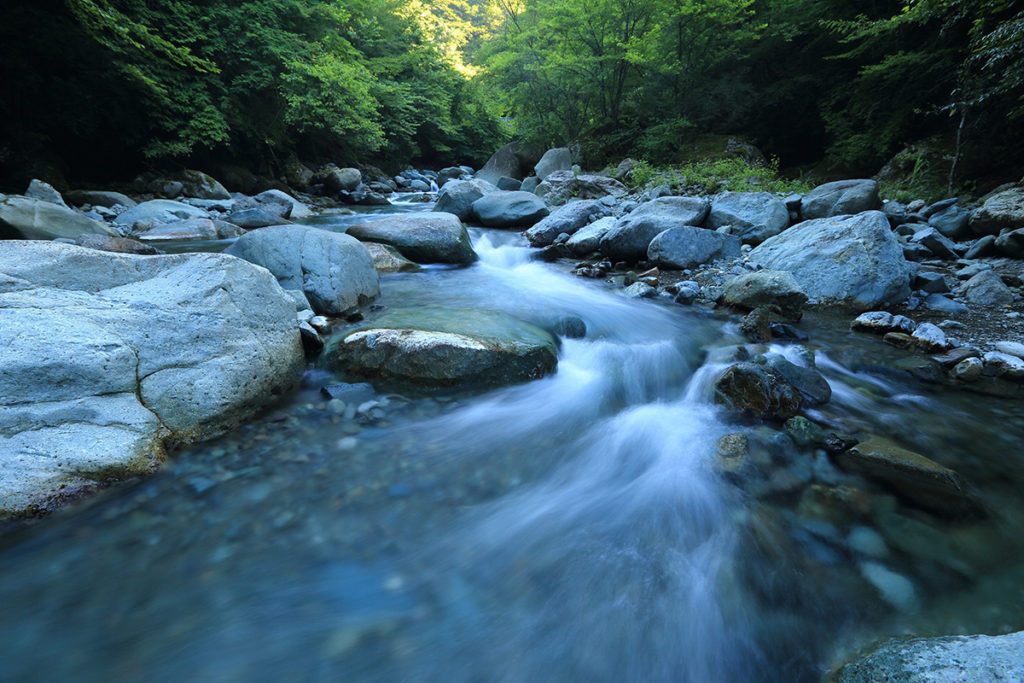Innovative three-year seaweed farming pilot to demonstrate seaweed’s potential for New Zealand’s blue economy
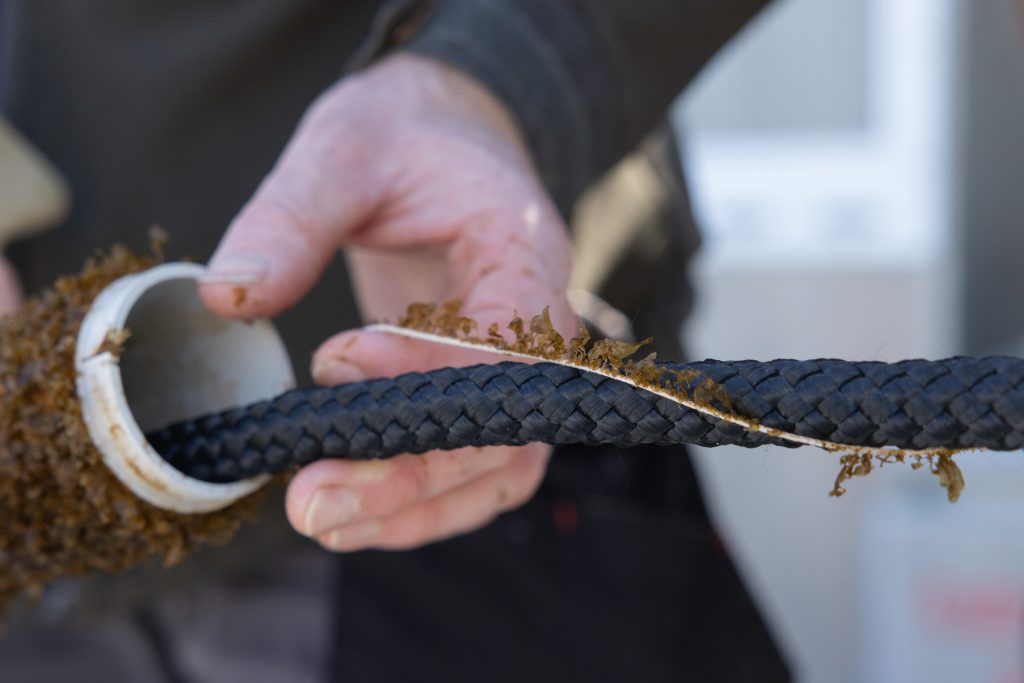


GreenWave Aotearoa is an innovative three-year regenerative ocean farming pilot that began in mid-2021. Led by EnviroStrat, in partnership with Ngāi Tai ki Tamaki,Premium Seas Ltd, the Universities of Waikato and Auckland and AgriSea, the $5 million pilot is focused on creating an economically viable seed-to-harvest model for seaweed farming inNew Zealand. Taking place on existing consented aquaculturefarm sites in the Hauraki Gulf, supported by hatcheries in the Coromandel and Tauranga, the pilot is developing on-water infrastructure and growing techniques, post-harvesting logistics and product development. In doing so, GreenWave Aotearoa seeks to optimise productivity (and therefore commercial viability) of seaweed…
EnviroStratSeptember 14, 2022


